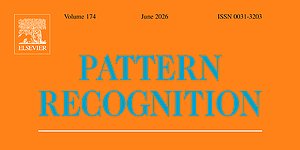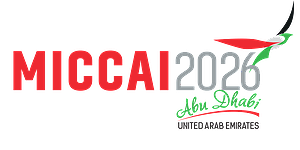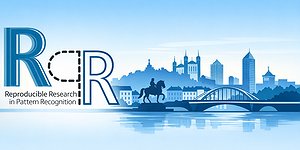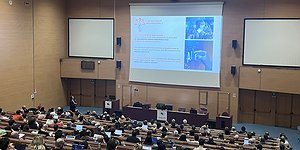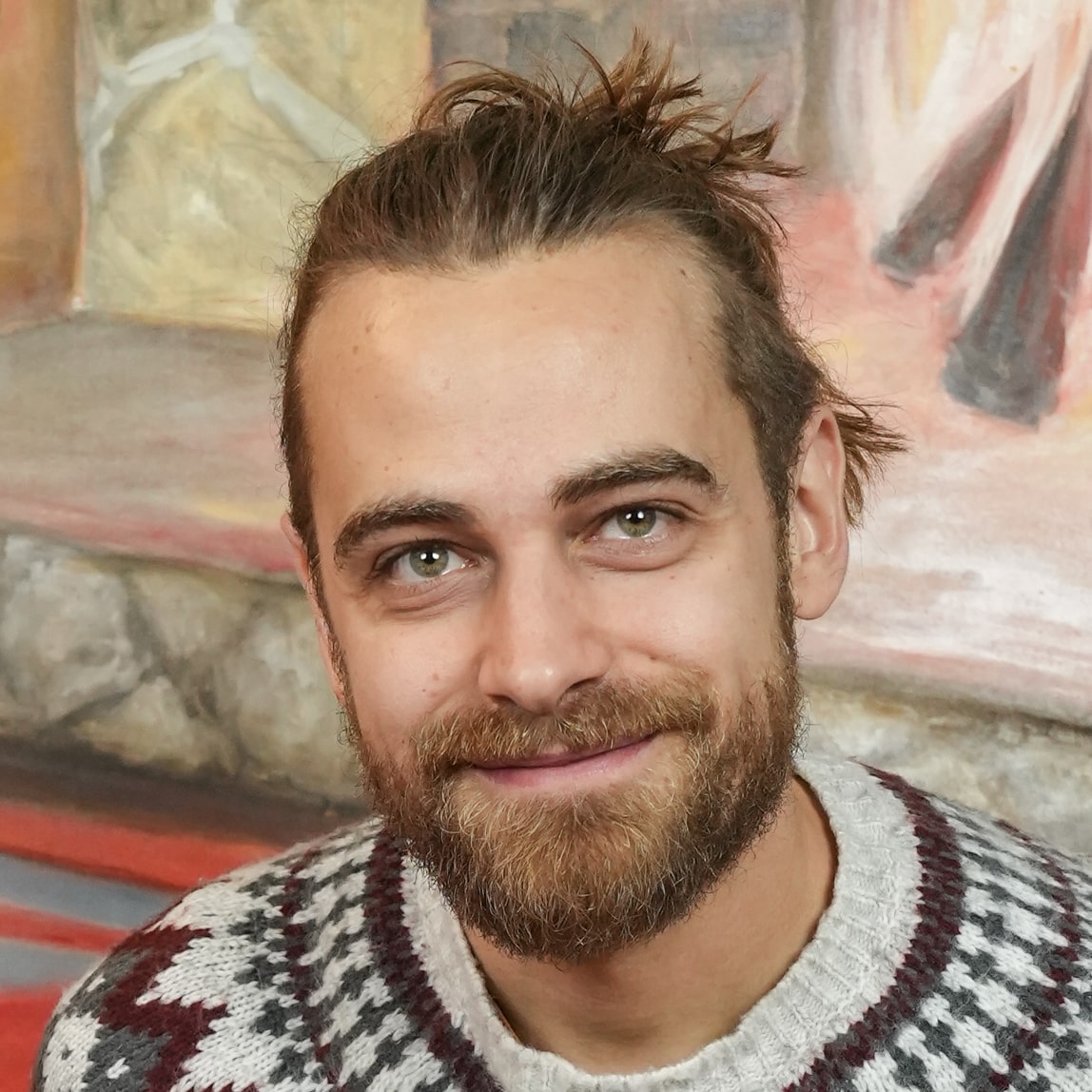
Federico Bolelli, PhD
Chair of the IAPR TC 22
Tenure Track Assistant Professor (RTT)
Via P. Vivarelli 10
41125 Modena (MO), Italy
Office: Building 27, Second Floor
Lab: Building 27, Ground Floor, "Zero"
Tel.: +39 059 205 8787
E-mail: federico.bolelli[at]unimore.it
About
Federico Bolelli is a Tenure-Track Assistant Professor at the University of Modena and Reggio Emilia, Italy, where he is part of the AImagelab research group.
He earned his B.Sc. and M.Sc. degrees (cum laude) in Computer Engineering from the Department of Engineering "Enzo Ferrari" and completed his Ph.D. in ICT through the International Doctorate School at the same university.
Federico's research interests span image processing, algorithms and optimization, and medical imaging. His contributions include the optimization of binary image processing algorithms, introducing innovative approaches that deliver significant performance improvements on both CPU and GPU architectures. His work also encompasses advanced techniques for skin lesion segmentation and classification to aid melanoma detection, segmentation of maxillofacial structures in CBCT scans, and whole-slide image analysis leveraging various levels of supervision.
From 2019 to 2022, Federico contributed to the DeepHealth H2020 European Project, where he co-led the development of the European Computer Vision Library (ECVL). Since March 2022, he has been actively involved in the H2020 DECIDER European Project.
Federico currently chairs the IAPR Technical Committee (TC22) on Reproducible Research, underscoring his commitment to fostering transparency and reproducibility in scientific research.
He is also a proud member of IEEE (95638948), MICCAI (72293989), and CVPL (678), the Italian Association for Computer Vision, Pattern Recognition, and Machine Learning, and serves as an Associate Editor for the Simulation & Game journal.

